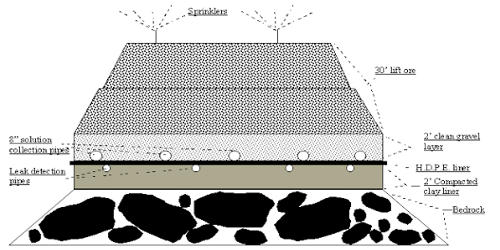According to a new study published in Nature Climate Change, Baby Boomers in the world’s wealthiest countries are responsible for a larger share of greenhouse gas emissions than their parents. Between 2005 and 2015, the study looked at the gas footprint of households across age groups in the 27 European Union nations, Norway, the United Kingdom, the United States, Australia, and Japan. People of all ages have reduced their yearly emissions, but those over 60 have lowered the least, thus their overall contribution to greenhouse gas emissions has increased from 25% to almost 33%.
During that decade, persons under the age of 30 reduced their yearly emissions by 3.7 metric tons, those between the ages of 30 and 44 by 2.7 metric tons, and those between the ages of 45 and 59 by 2.2 metric tons. The over-60 age group has had the smallest decrease, with a 1.5 metric ton reduction. In 2005, those aged 60 and up had fewer emissions than those aged 30 to 59. Every country is different. Seniors in Australia and the United States had the highest rates of obesity, with 21 metric tons per capita in 2015. That’s nearly twice as much as the European average. With 19 metric tons, Luxembourg has the highest in Europe. In Japan, elderly adults were responsible for 50% of emissions in 2015.
“The ‘baby boomer’ generation, born after WWII, is the new elderly. They consume in a different way than the ‘silent generation,’ who were born between 1928 and 1945. Seniors nowadays spend more money on their homes, energy consumption, and food “Professor Edgar Hertwich of the Norwegian University of Science and Technology, the study’s senior author, said in a statement. “The elderly used to be frugal. The generation that lived through World War II was cautious in their resource allocation. The ‘new elderly’ are distinct from their predecessors.”
This trend implies that governments should focus more on local mitigation, such as recognizing the needs and habits of elderly citizens and identifying strategies to reduce their greenhouse gas emissions. While younger generations’ emissions may occur in other nations as a result of their increased consumption of imported goods, the elderly’s influence is mainly contained inside their own country’s borders. “While income declines as people age, seniors in affluent nations amass wealth, largely in the form of homes. The value of their homes has risen dramatically for many of them. Because of their riches, the elderly are able to sustain their high spending levels.
This is especially true in carbon-intensive industries such as electricity. A growing number of people in this age bracket are living alone. This isn’t true in all nations, but it does represent the general picture,” said lead author and NTNU postdoctoral associate Heran Zheng. More has to be done to mitigate the consequences of the looming climate disaster.
















